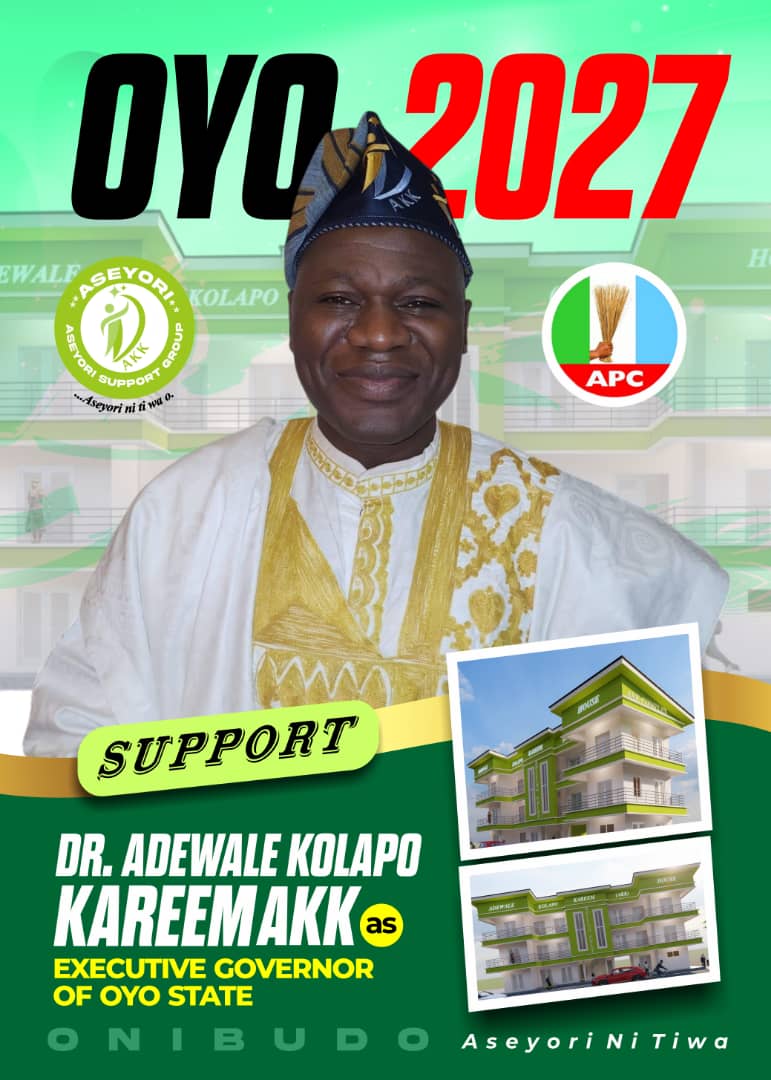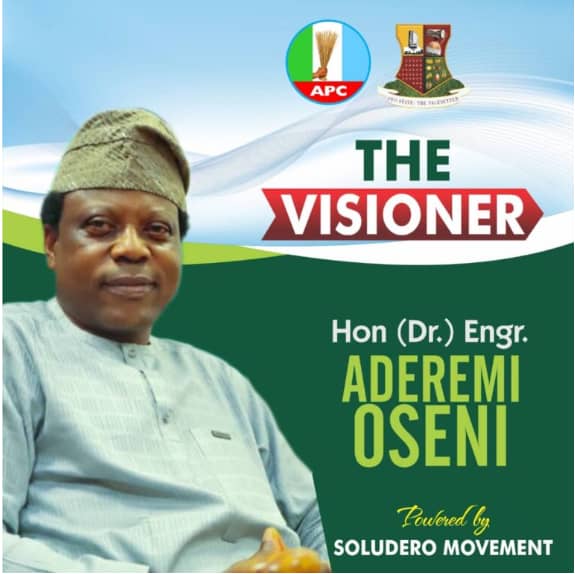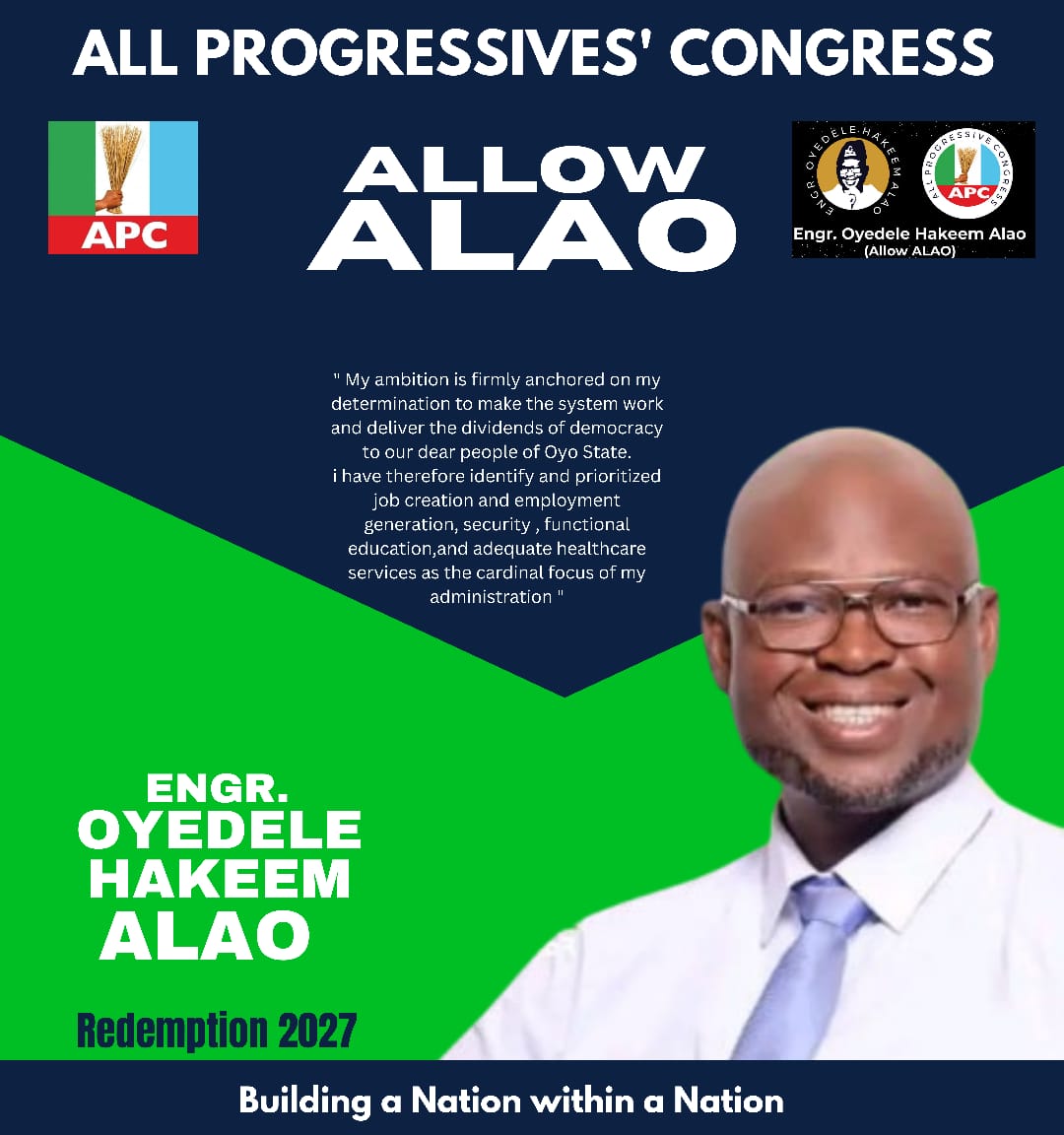

Merited Negotiation Consulting, a prominent negotiation advisory firm, has facilitated access to global grant interventions for Nigerian sub-national governments at the 80th United Nations General Assembly (UNGA) Roundtable 2025 in New York.
The firm played a key role in negotiating pathways for state governments to engage with international funding networks, development partners, and donor agencies.
The event, themed around high-level executive global sustainable investments and grant interventions, brought together stakeholders from government, civil society, academia, and the private sector to advance the Sustainable Development Goals (SDGs) and the Global Agenda 2030.

Speaking during the roundtable, Kunle Yusuff, MON, Executive Vice-Chairman/CEO of Merited Negotiation Consulting and Chairman of the Organising Committee for Roundtable 2025, urged Nigerian state and local governments, civil society organisations, and non-governmental organisations to position themselves strategically to benefit from global development opportunities.

“It is time for our sub-national governments to be more proactive. We must place ourselves firmly on the global development radar. The only way to unlock these opportunities is through global networking, strategic engagement, and negotiation.”

According to Yusuff, the roundtable aimed to build bridges between Nigerian stakeholders and international financial and technical partners by providing access to funding systems that are crucial for development across states.

“As we navigate the complexities of climate change, economic inequality, and social injustice, prioritising collaboration and innovation is imperative.”
” Strategic investment in sustainable development is not only a moral imperative but also an economic necessity,” he said.
Yusuff highlighted the massive investment needs globally, noting that SDG projects between 2023 and 2030 require an estimated $5–7 trillion annually, while climate financing needs for 2025–2030 are expected to surpass $15 trillion. AI-driven interventions alone are projected to attract over $10 trillion during the same period.
“Given the magnitude of these figures, no nation or sub-national entity can go it alone. We must work together, form partnerships, and actively engage with donor agencies and development partners,” Yusuff added.
The event also acknowledged the commitment of the Nigerian federal government, particularly President Bola Ahmed Tinubu, for initiatives aimed at advancing the SDGs and climate-related goals.
Yusuff praised the president for launching the National Climate Change Commission, championing the Green Great Wall Initiative, and supporting education and AI-driven innovation in the country.
“We commend President Tinubu for his leadership and for creating an enabling environment for sub-national participation in global development,” Yusuff said.


He also expressed gratitude to the Ministry of Foreign Affairs and development partners such as UNITAR, UNOSAT, Commonwealth Foundation, AI Grants, and AAACC for their continued support.
Among the distinguished participants were Nigerian state governors from Benue, Ondo, Kogi, Kaduna, and Gombe states, alongside representatives of UN agencies, consular officials, private sector executives, and diaspora development advocates.
Notable attendees included Amb. Abubakar Jidda, Consular General of Nigeria in New York; Mr. Syndoph Endoni from the Permanent Mission of Nigeria to the UN; Hope Sullivan, CEO of the Leon H. Sullivan Foundation; Princess Zahrah Mustapha Audu, Director-General of the Presidential Enabling Business Environment Council (PEBEC); and Dr. Lee Kareem, CEO of the Nigeria-USA Chamber of Commerce (NUSACC).
Yusuff rallied call for unified action, noting, “Our collective success depends on how well we share knowledge, forge partnerships, and invest in our future. Let us seize this moment to shape a brighter future for all.”